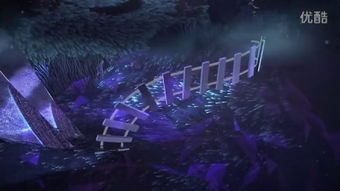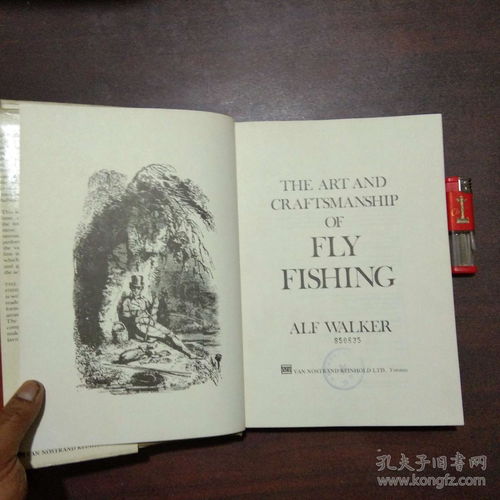Introduction:
Photovoltaic ponds, which combine solar energy generation with aquatic ecosystems, have gained popularity for their dual-purpose nature. While these ponds are designed to harness solar power, they also offer a unique fishing experience. If you're intrigued by the prospect of fishing in a photovoltaic pond, here are some essential tips and techniques to help you master the art of fishing in this innovative environment.
Understanding Photovoltaic Ponds:
Before diving into the fishing techniques, it's important to understand the unique characteristics of photovoltaic ponds. These ponds are typically filled with water and equipped with solar panels that float on the surface. The solar panels generate electricity, while the water provides a natural habitat for fish and other aquatic life.
Choosing the Right Equipment:
Just like any other fishing venture, the right equipment is crucial for a successful day on the water. Here are some essential items to consider:
- Rod and Reel: Choose a rod and reel that are suitable for the type of fish you're targeting. Lightweight spinning rods are often a good choice for photovoltaic ponds.
- Line: Use a monofilament line that is strong enough to handle the fish you're targeting but not so heavy that it will spook the fish.
- Hooks: Select hooks that are appropriate for the size and type of fish in the pond.
- Bait: Depending on the fish species, you may use live bait, artificial lures, or natural baits like worms or insects.
Locating the Fish:

Photovoltaic ponds can be quite large, so it's important to know where the fish are likely to be. Here are some tips for locating the fish:
- Shaded Areas: Fish often seek shade to escape the heat, so look for areas under the solar panels or near the edges of the pond where there is some shade.
- Water Flow: If the pond has a water flow, fish may congregate near the intake or outlet areas.
- Vegetation: Aquatic plants and vegetation can provide cover and attract fish, so look for areas with dense plant life.
Casting Techniques:
Casting in a photovoltaic pond requires a slightly different approach than in a traditional lake or river. Here are some casting tips:
- Wind Considerations: Since the pond is surrounded by solar panels, wind can be a significant factor. Cast into the wind to help your bait reach the target area.
- Long Casts: Photovoltaic ponds can be quite large, so you may need to make long casts. Practice your casting to ensure accuracy.
- Avoid Spooking the Fish: Be mindful of your movements and avoid making loud noises or sudden movements that could spook the fish.
Baiting and Luring Techniques:
The way you present your bait or lure can greatly affect your success. Here are some techniques to consider:
- Natural Bait: If using natural bait, present it in a way that mimics its natural movement. For example, if you're using worms, let them wiggle naturally on the hook.
- Artificial Lures: Use retrieves that mimic the movement of the fish's natural prey. For example, a lure that wiggles or vibrates can attract the attention of fish.
- Patience: Be patient and allow your bait or lure to sit still for a few moments before moving it. Fish may take a few moments to notice and approach the bait.
Safety Precautions:
While fishing in a photovoltaic pond can be a rewarding experience, it's important to prioritize safety:
- Water Conditions: Always check the water conditions before entering the pond. Be aware of the depth and any submerged obstacles.
- Solar Panel Safety: Be cautious around the solar panels. They can be slippery and may generate heat, so avoid walking on them.
- Weather Conditions: Check the weather forecast and be prepared for changing conditions. Wear appropriate clothing and equipment.
Conclusion:
Fishing in a photovoltaic pond offers a unique blend of solar energy and aquatic enjoyment. By following these tips and techniques, you can increase your chances of a successful fishing trip. Remember to respect the environment and the fish, and always prioritize safety. With the right approach, fishing in a photovoltaic pond can be a memorable and rewarding experience.












